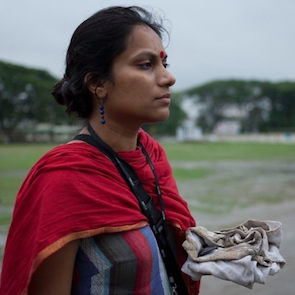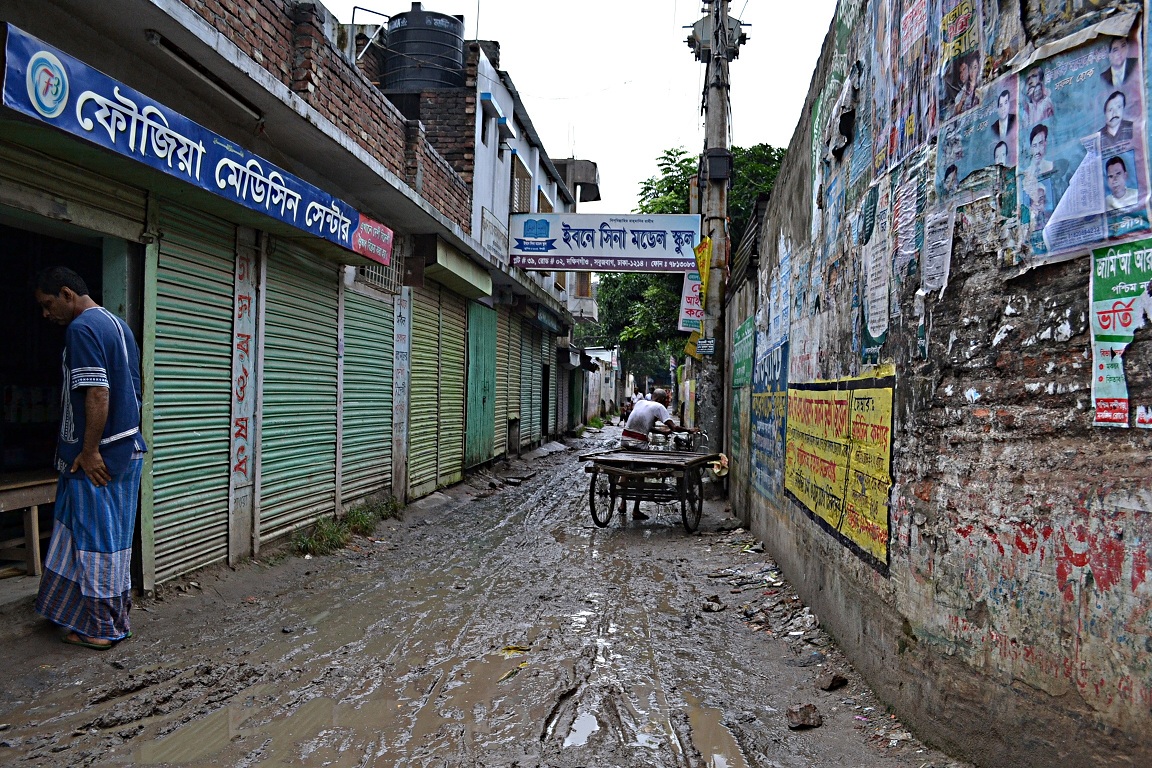
Saydia Gulrukh
Saydia Gulrukh Kamal is a journalist working for the newspaper “New Age” and a labour rights defender. In the past decade, she has campaigned to bring justice for the victims of incidents in garment factories, such as the 2012 Tazreen factory fire that killed at least 112 workers and the 2013 Savar Building (Rana Plaza) collapse, where 1129 people were killed. Saydia has led protests and investigations for several years demanding justice for these and other violations of factory workers’ rights, and she has written about women factory workers as part of a collective of feminist bloggers. She has also joined the campaign “Justice for Kalpana Chakma”, Stop Rampal coal-based Power Plant and Stop Rooppur Nuclear Power Plant.
Gulrukh’s activism began when she was an undergrad at Jahangirnagar University in Savar, a subdistrict 15 miles outside of Dhaka. Her female classmates began confiding sharing with other stories of rape and abuse by male students. When an alleged rapist was found celebrating his one hundredth rape in the male dorm, Gulrukh joined a group of women in protest for 37 days until he was expelled.
In 1998, Gulrukh became a voice for garment workers when she collaborated with photographer Shahidul Alam on a project about child workers. In the years that followed, Gulrukh continued her studies at Simon Frasier University in Canada and decided to pursue a Ph.D. in anthropology at University of North Carolina – Chapel Hill.
Back in Bangladesh, Gulrukh started advocating for factory workers’ rights. In 2012, together with other activists, she organised a press conference demanding that Tazreen factory owner Delowar Hossain compensate dead workers’ families with an amount equivalent to what their lifetime wages would have been.
Because of her work, Saydia has been threatened, harassed, and physically attacked at protests demanding justice for victims of factory collapses and fires in Bangladesh.

